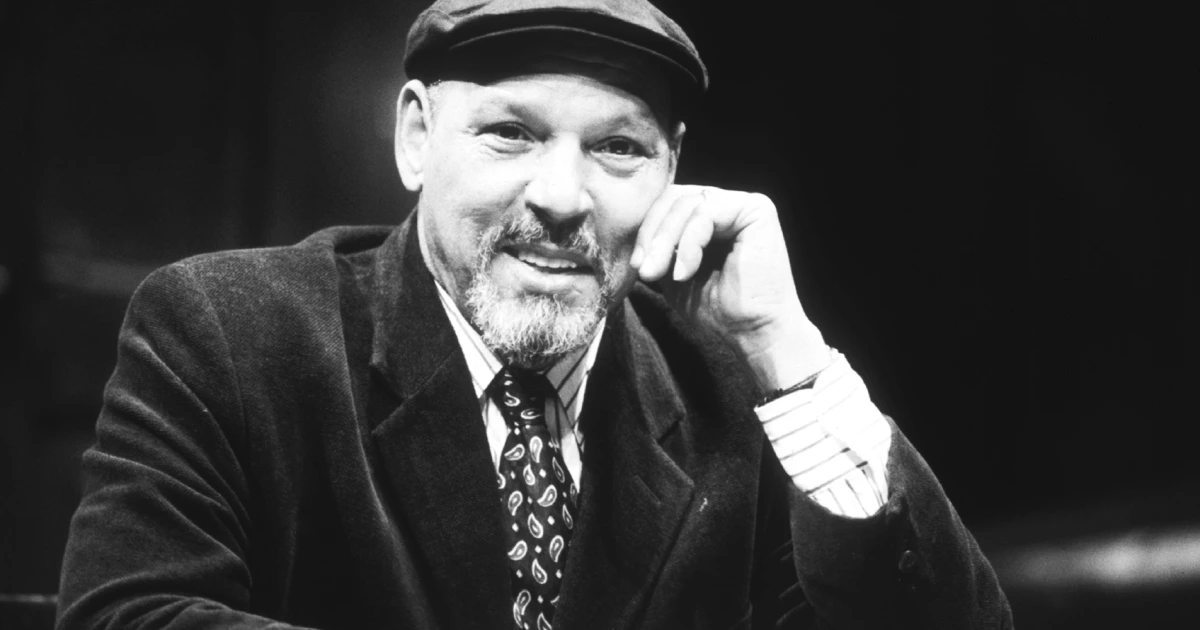I’ve read the published document and watched the documentary entitled The Ground on which I Stand. I first became aware of them back in 2007. I’ve been wrestling with the ideas contained within them for many years.
According to August, black playwrights and writers within other genres have a responsibility to accurately depict the black experience. He has done so as an author, particularly with his 10-play cycle. The collection of plays document the black experience at a point in time during each decade of the twentieth century. Many scholars believe this is the first time something like this has ever been done.
August’s speech was not well received by everyone in the theatre community. I remember reading about one of his strongest opponents who declared that blind casting is the way of the future and it’s more important for this to occur rather than all black writers creating only within the black experience. Some of the other opponents would raise questions like, should casting directors feel pressured to have color blind casting? Why focus on the black experience when African-American actors and actresses can now play roles that were originally intended for their white counterparts?
August unequivocally stated that black writers need to take ownership of their own stories in order to present them authentically. He did not see blind casting alone as something progressive within the theatre. He was more so looking for the opportunity for black voices to be heard on Broadway and other prestigious theatre districts around the world.
He wanted audiences to experience the lives of ordinary black people who do extraordinary things in life in order to support their families and themselves. I’ve had the privilege of reading all ten plays and seeing about half of them at The Black Rep theater in St. Louis. I appreciate August as a playwright; I enjoyed reading and observing all of his plays. However, if I’m honest, I must say that each time I experienced one of his works I began to question myself.
My up brining exposed me to people from many different backgrounds. I’ve always gone to “majority white” schools. Even though I am vastly interested in my culture and if you were to ask my family how I feel about certain cultural issues they would be able to provide you with an answer because I enjoy having these kinds of conversations with people from my mother’s and grandmother’s generations. I know who I am in my heart and mind, but some people I’ve met along the way just simply did not get it. They felt that because I didn’t speak to them personally that somehow, I wasn’t black and/or wanted to act and become like a white person. This started early in my life. I remember being five-years-old playing with one of my friends outside who told me that I “talk like a white kid.” Back then it really didn’t bother me because I was too young to understand what that even meant. However, I discovered people using harsher language to describe me as I grew older.
Based on these experiences, coupled with my interest in writing, I’ve spent hours trying to get in the right headspace. I’ve taken both playwriting and screenwriting classes, and for each assignment I created characters from diverse backgrounds. It never really occurred to me that I could have a social impact by creating authentic, black characters. To this day, I feel I could create a popular show like Jordan Peele’s Get Out. The movie had both black and white characters in a show that had race relations as a running theme. However, my thinking started to change during the Oscars after the film was released. To my surprise, Get Out had been nominated for Best Comedy! This was completely shocking and a mischaracterization of the film because there was little to nothing funny taking place within the screenplay’s plot. I was a bit confused by this, and I drew empathy with Peele because I wouldn’t have wanted one of my productions to be completely misunderstood by voters within the Academy (or anyone else). August Wilson would have pinpointed to this as further evidence of the need for black authenticity.
Today there are many writers who are aware of the ground on which they stand. They are rising up and creating the authentic characters needed to tell their stories. I want to become one of these writers. I am currently doing freewriting exercises and reading a lot in order to shape my literary worldview. It is going to take some work, but I believe in time I will be prepared to take ownership of my own stories. I want to do this because I feel very passionately about it, and also, I would hope that August is somewhere watching and knowing that the future of theatre is in good hands.


